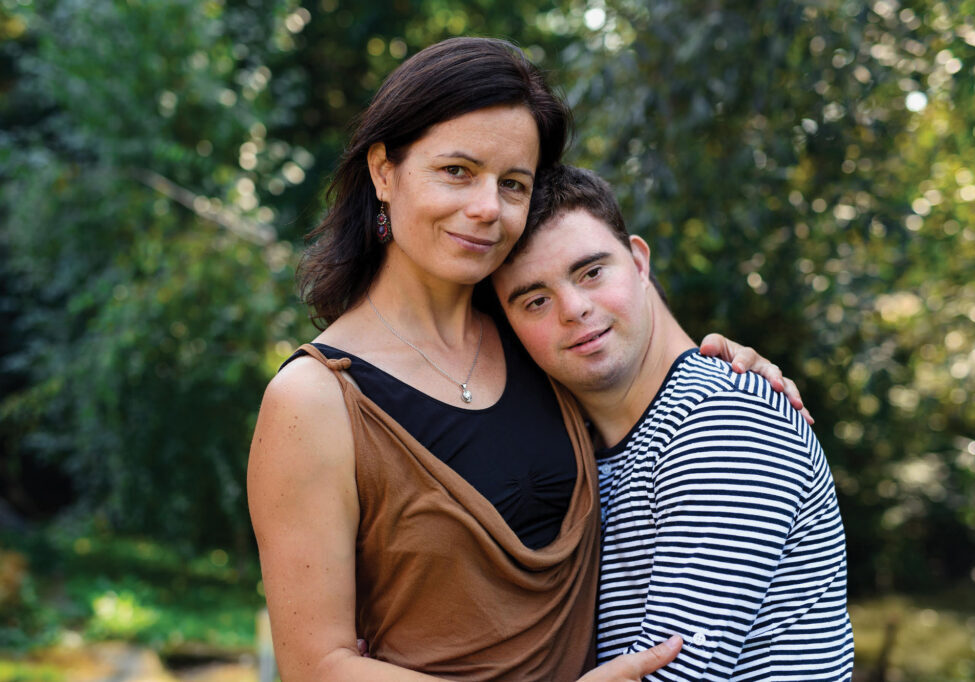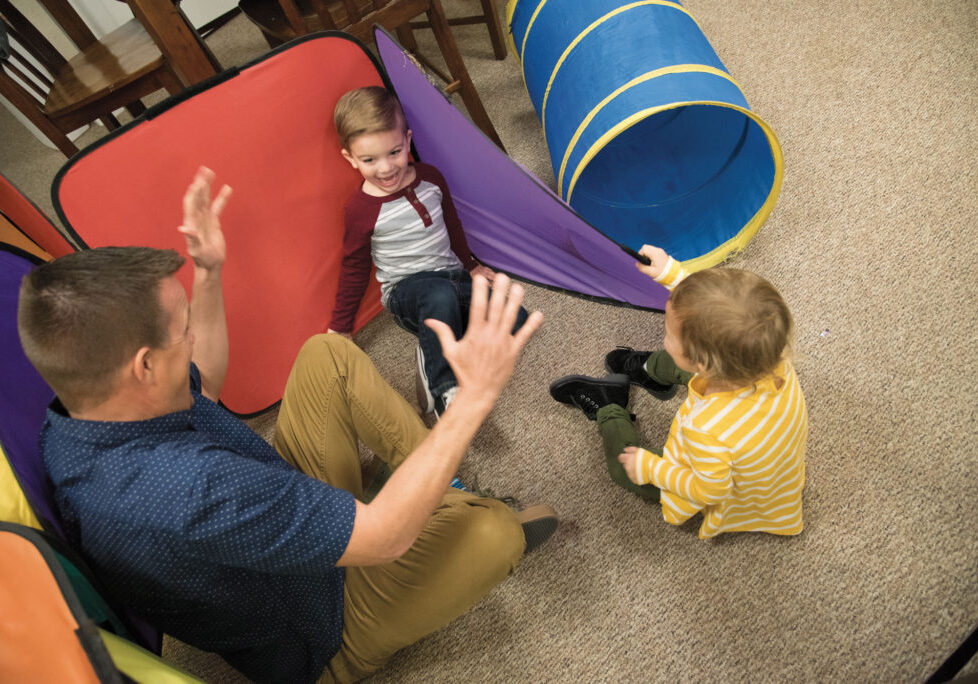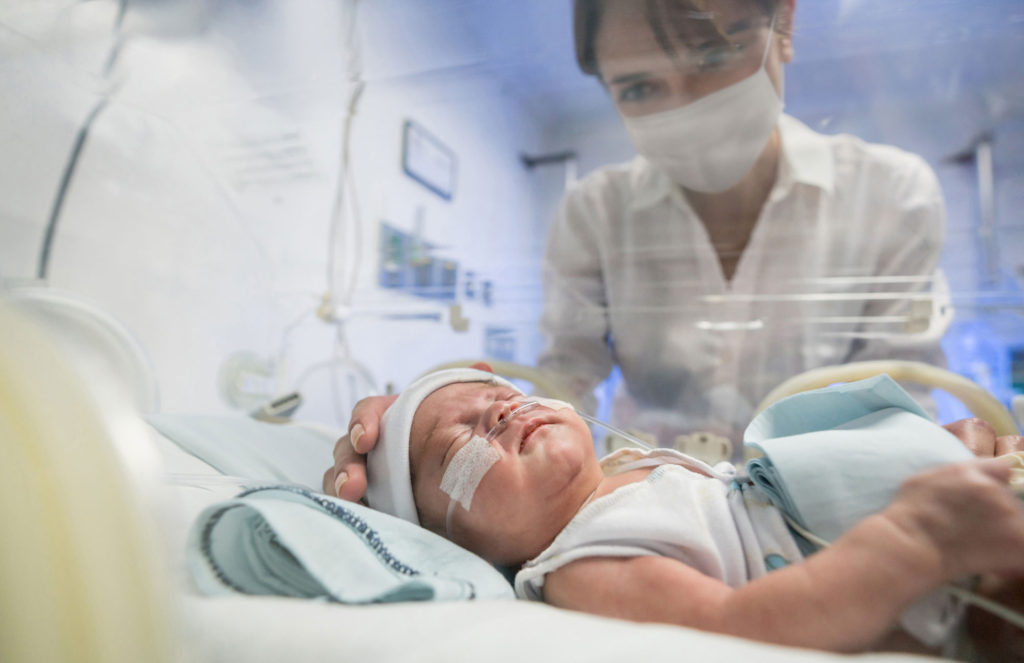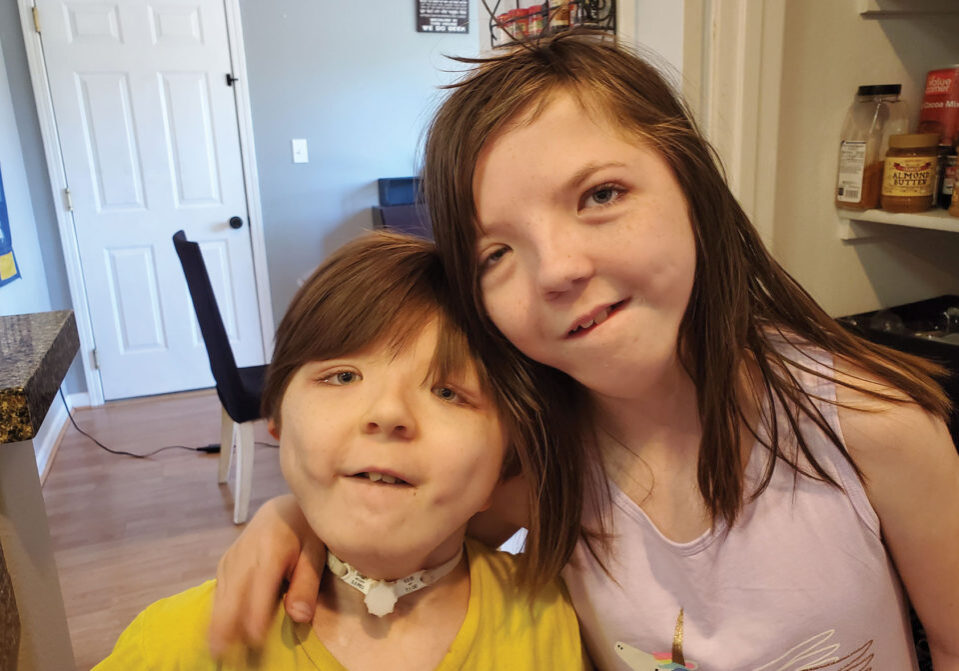The emotional stress that parents experience when they have a child in the Neonatal Intensive Care Unit (NICU) can last long after their baby is discharged. Years later, certain sounds, smells, or memories can still take them back to the days when they witnessed their baby struggle to breathe, eat and endure countless procedures. These parents were living under a constant emotional roller coaster — a specific type of post-traumatic stress disorder referred to as NICU-PTSD.
NICU-PTSD affects many parents of NICU babies
NICU-PTSD isn’t talked about very much, but it affects up to 60% of parents of NICU babies. I developed NICU-PTSD after my youngest son was born in 2011. To say he had a rough start to life is putting it mildly. He had his first major surgery when he was two days old and then went into acute respiratory failure two days later. He was placed on an extracorporeal membrane oxygenation (ECMO) machine, and we were told to hope for the best; but prepare for the worst. He survived, only to contract a staph infection which meant weeks of IV antibiotics on top of his feeding and breathing issues.
He ended up being discharged at four months old with a tracheostomy tube, a feeding tube, and boxes of medical equipment and supplies. Because his lungs are compromised from all the trauma, he’s had several lengthy hospital stays after picking up respiratory illnesses, which can quickly turn into pneumonia for him.
Recognizing NICU-PTSD symptoms
Post-traumatic stress disorder (PTSD) can develop after someone has experienced or witnessed a traumatic event, but NICU-PTSD doesn’t always stem from a single event. Since many babies end up staying in the NICU for several weeks or even months, it’s a continuous stream of events and anxiety.
NICU-PTSD can cause symptoms such as:
- Recurrent memories of traumatic events that happened during your child’s NICU stay
- Nightmares and flashbacks
- Intense anxiety and hyper vigilance out of fear that your child will get sick again
- Isolation and loneliness
- Intense physical reactions to sights, sounds, or smells that may trigger memories from the NICU, such as beeping machines or antiseptic smells.
Symptoms can come on unexpectedly
The symptoms of NICU-PTSD can ebb and flow, and they can come on when you least expect it. The first time I walked by the area of the hospital where my son had been on the ECMO machine-several years later-my heart felt like it was going to beat out of my chest, and I burst into tears. It came on very suddenly, even though I knew beforehand where I would be walking. Even today, 11 years later, certain beeping sounds can trigger anxiety and, much to his annoyance, I still check my son’s oxygen stats frequently, whether he’s feeling sick or not.
Caregiver burnout can develop after the baby is home
While parents are thrilled when their baby is finally discharged from the hospital, the stress often follows them home. If the baby is medically complex and requires ongoing care, it is easy to become overwhelmed, fearful, and anxious. Isolation is common in families with medically compromised children, making PTSD worse. Also, parents will often focus on the care of their children at the expense of their own physical and mental health. They can develop caregiver burnout on top of the NICU-PTSD when this happens.
You’re not alone — don’t be afraid to ask for help
Every parent will have a unique experience and response to the events in the NICU, and NICU-PTSD can occur whether your child was in there for a few days or a few months. Parents who have a prior history of mental health issues are at especially high risk of developing NICU-PTSD, and it’s also more prevalent in first-time parents.
If you’re a parent of a NICU graduate it is important to understand and recognize the symptoms of NICU PTSD. These mental health concerns can be debilitating for parents who already feel overwhelmed caring for their children on top of managing day-to-day tasks at home or work. It’s nothing to be ashamed of, and seeking help is the first step in managing the symptoms. If you feel you may have PTSD related to your child’s stay in the NICU, you’re not alone. Don’t hesitate to seek help from your doctor or contact your county mental health provider.
Posted in: Special Needs, Uniquely Us
Comment Policy: All viewpoints are welcome, but comments should remain relevant. Personal attacks, profanity, and aggressive behavior are not allowed. No spam, advertising, or promoting of products/services. Please, only use your real name and limit the amount of links submitted in your comment.
You Might Also Like...

Integrity Document Services Makes The Conservatorship Process Easier for Families
For parents, experiencing their kids transitioning into adulthood comes with many emotions. For families of children with special needs, the experience is no less bittersweet but comes with its own […]

Red Bluff’s Big Splash Project – Creating An Inclusive Place For Children Who Love The Water
Sidelined by the pandemic, and now back on track Over the last year, the COVID-19 pandemic has taken a tremendous toll on local businesses and community endeavors, and The Big […]

Ridgeline Pediatric Provides Childcare for Medically Complex Kids
Parents of medically fragile children often face a unique set of challenges when it comes to finding childcare. Not only do these parents need to find someone willing to care […]

Parent Infant Programs: Early Intervention in the North State
Being a parent can be a wonderful and life changing experience. It can also be extremely stressful and demanding, especially if your child is experiencing development challenges. It is natural […]





Thank you for bringing light to this topic. So many people don’t realize the journey that parents go through. My twins were in the NICU for 2 months. They are almost 7 now. The symptoms listed above are very much real even 7 years later.